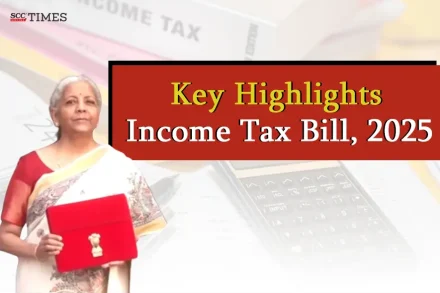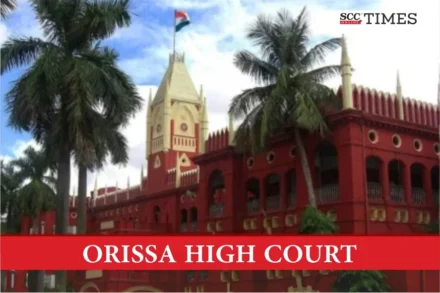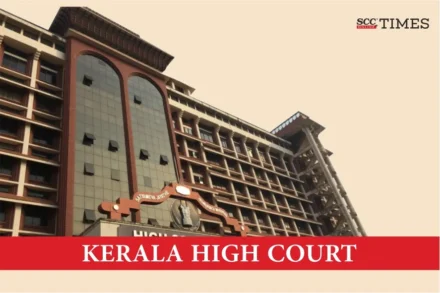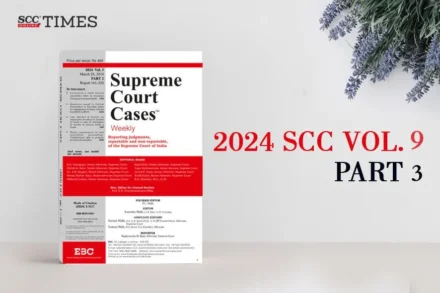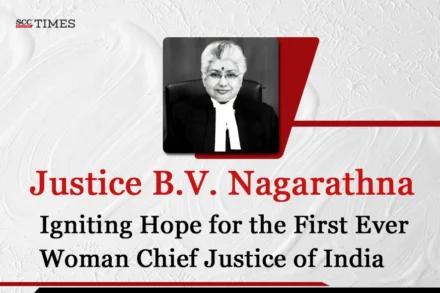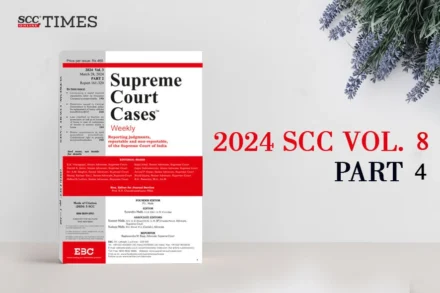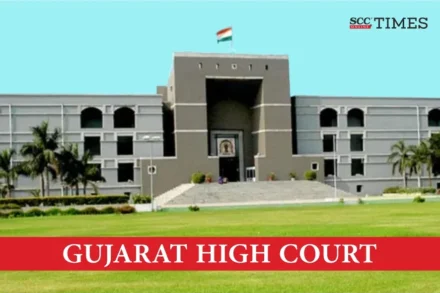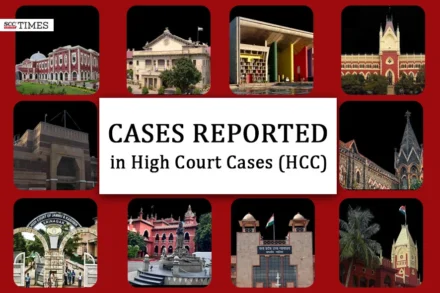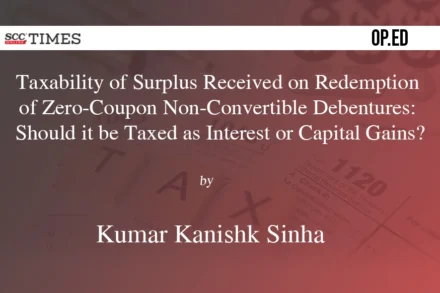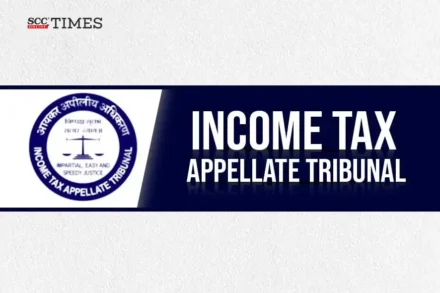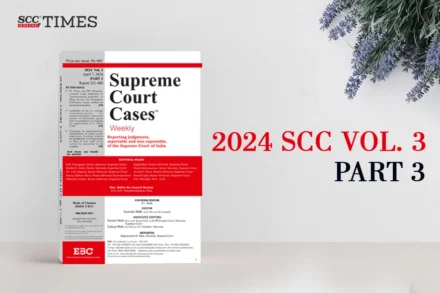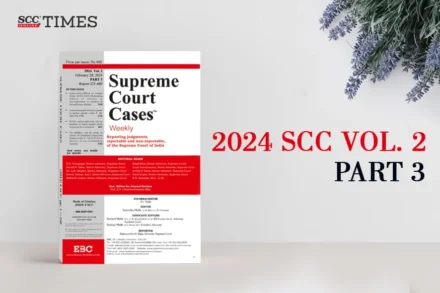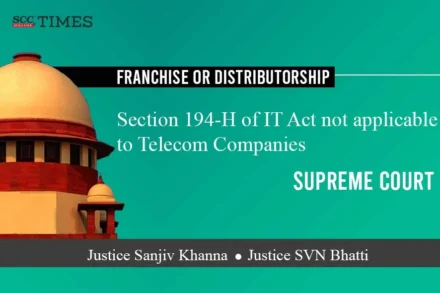
Maintainability of proceedings under S. 148A(b) of Income Tax Act post-enforcement of Finance (No. 2) Act, 2024: Read Allahabad HC’s ruling
The Finance Act No. 02 of 2024, which came into effect on 01-09-2024, brought about significant amendments to the Income Tax Act. Among the key changes are revisions to Sections 148 and 148A, which pertain to the provisions for assessment and reassessment of income. In addition, Section 152 has been amended to introduce two new sub-sections.



